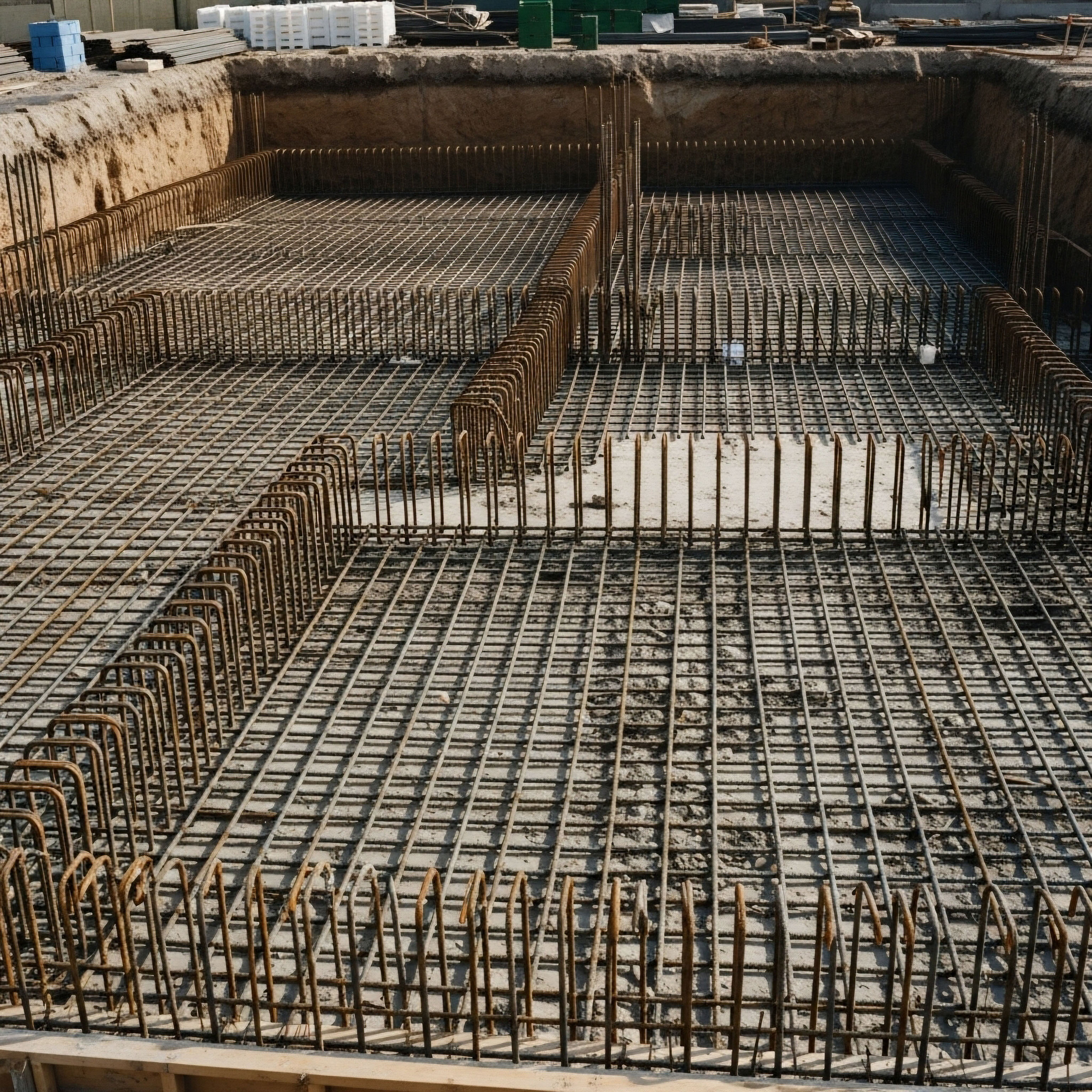

Fueling the Engine of Creation
The architecture of a powerful physique is built upon a fundamental principle ∞ energy. We have been conditioned to view certain macronutrients as adversaries in the quest for a lean, sculpted form. This perspective fundamentally misunderstands the body’s operational language. To build, to grow, to synthesize new muscle tissue is an energy-intensive process.
The body, an intelligent and efficient system, requires readily available fuel to run the complex machinery of muscle protein synthesis. Viewing carbohydrates as a liability is akin to designing a high-performance vehicle and refusing to fill its tank. The ambition for a stronger, more vital self requires a paradigm shift in how we perceive the very energy sources that make such transformation possible. The conversation moves from avoidance to strategic utilization.
Consuming carbohydrates and protein together within hours of exercise can enhance glycogen restoration and muscle protein synthesis, accelerating recovery and growth.
A body in an energy deficit prioritizes survival. It will source energy from the most accessible locations, including the breakdown of existing muscle tissue, to fuel its essential functions. This catabolic state is the direct opponent of muscle accretion. Providing the system with an adequate supply of carbohydrates signals a state of energy abundance.
This signal is crucial. It permits the body to allocate resources toward anabolic processes ∞ the building of new tissues. The presence of carbohydrates tells the body’s intricate hormonal network that it has the metabolic budget to invest in creating a stronger, more resilient physical structure. You are not just eating; you are providing the raw materials and the energy required for the cellular architects to begin their work.


The Science of the Anabolic Signal
Understanding how to leverage carbohydrates for muscle growth is a matter of precision and timing. It’s about recalibrating your body’s internal signaling pathways to support the construction of lean mass. The process is grounded in the interplay between exercise, nutrition, and hormonal response. Resistance training initiates the process, creating microscopic tears in muscle fibers. This is the stimulus. The nutritional protocol that follows determines the quality of the repair and growth.

The Dual-Action Protocol
The primary mechanism involves the strategic co-ingestion of carbohydrates and protein. While protein provides the essential amino acids ∞ the literal building blocks for new muscle ∞ carbohydrates play a distinct and equally critical role. Their consumption triggers the release of insulin, a potent anabolic hormone.
Insulin’s function in this context is twofold ∞ it enhances the uptake of amino acids into the muscle cells and it simultaneously reduces muscle protein breakdown. This creates a highly favorable environment for net muscle protein gain. Research indicates that while protein alone can stimulate muscle synthesis, its combination with carbohydrates amplifies the body’s anabolic response and accelerates the replenishment of muscle glycogen, the primary fuel source for high-intensity efforts.

Nutrient Timing for Peak Anabolism
The period following a workout is a window of heightened metabolic opportunity. During this time, the muscles are highly receptive to nutrient uptake. The protocol is designed to capitalize on this state.
- Post-Workout Infusion ∞ The objective is to rapidly shift the body from a catabolic state induced by exercise to an anabolic one. Consuming a combination of fast-digesting carbohydrates and high-quality protein within a few hours of completing a training session is paramount. This ensures a swift insulin response and immediate availability of amino acids for the muscle repair process.
- Glycogen Replenishment ∞ Intense exercise depletes muscle glycogen stores. Ingesting carbohydrates post-exercise begins the process of replenishing this critical energy reserve. A meta-analysis on the co-ingestion of carbohydrates and protein suggests that this combination can be particularly effective for glycogen synthesis, preparing the body for subsequent training sessions. Full glycogen stores are not only essential for performance but also contribute to a fuller, more volumized muscle appearance.
- Sustained Anabolic Environment ∞ The goal extends beyond the immediate post-workout window. Consistent intake of adequate carbohydrates throughout the day maintains an energy-surplus environment. This prevents the body from entering a catabolic state and ensures that the processes of muscle repair and growth are continuously supported. This approach is about creating a 24/7 physiological state conducive to building muscle.
While adding carbohydrates to a sufficient protein dose may not further increase muscle protein synthesis, it is critical for replenishing glycogen stores, especially when recovery time between workouts is short.
It is important to note that the type of carbohydrate can also be a factor. Simple, fast-acting carbohydrates are often preferred immediately post-workout for a rapid insulin spike, while complex carbohydrates are better suited for meals throughout the day to provide sustained energy release. The engineering of your physique is a direct result of the precision of your fueling strategy. Every meal becomes an opportunity to send the right signals to your body’s metabolic machinery.


Activating the Growth Phase
The decision to strategically integrate carbohydrates into your nutritional protocol is made the moment the goal shifts from simple maintenance to active construction. This approach becomes relevant for any individual engaged in a structured resistance training program designed to increase muscle mass and strength. It is a conscious choice to provide your body with the optimal resources to adapt and grow in response to the physical demands being placed upon it.

Identifying the Moments for Intervention
You will recognize the need for this strategy when you experience performance plateaus, when recovery between training sessions feels prolonged, or when you are simply not achieving the desired changes in body composition despite consistent effort in the gym.
These are signals that the body may be operating in a state of energy compromise, where the resources available are insufficient to support both intense physical output and the subsequent anabolic processes. The intervention is not a remedy for a lack of effort, but a sophisticated enhancement of it.

The Onset of Tangible Results
The initial feedback from this protocol is often felt within the first few weeks. The first signal is typically an improvement in training performance and capacity. With fully replenished glycogen stores, you will experience greater strength, endurance, and intensity during your workouts. The feeling is one of being powerfully fueled. Following this, you will notice enhanced recovery. The typical muscle soreness associated with intense training may diminish in duration and severity, allowing for more frequent and productive sessions.
The visible, physical changes manifest over a longer timeframe, typically after several weeks of consistent application. As the body remains in a sustained anabolic state, the synthesis of new muscle tissue begins to outpace breakdown. This results in a measurable increase in lean body mass, muscular definition, and a denser, harder physique.
This is the payoff ∞ the tangible result of aligning your nutritional strategy with your physical ambitions. It is the point at which you see the architectural plans for your body becoming a physical reality.

The Architect of Your Own Biology
You possess the capacity to direct your body’s adaptive responses. The information presented here is more than a set of dietary guidelines; it is a framework for understanding and manipulating the very signals that govern physical change. By moving beyond the outdated and simplistic fear of a single macronutrient, you gain a new level of control.
You are no longer passively hoping for results but actively engineering the physiological environment required to produce them. The true potential of your physique is not a matter of chance, but a function of precise, informed, and decisive action.



